18/07/2017
With Sidel and Gebo Cermex exhibiting together on Stand A6.330 at Drinktec 2017, the companies - part of the Sidel Group - will be showcasing their Agility 4.0TM programme. The initiative is helping manufacturers and brand owners shift from mass production to mass customisation, and gain the many benefits of Industry 4.0, while boosting Overall Equipment Effectiveness (OEE) and sustainability and minimising Total Cost of Ownership (TCO).
While consumers want more customised products, they also want them fast and at the right price. This has contributed to the rise of Industry 4.0, the adoption of intelligent cyber-physical solutions and increased automation in production plants.
Commenting on the role of Agility 4.0 and its focus at Drinktec (11- 15 September), Frederic Sailly, Executive Vice President for Product Management and Development, Sidel explains: “The Agility 4.0 programme is an award-winning, proven and pragmatic approach to manufacturing that we have developed with a view to achieving three overall benefits: improved understanding, enhanced performance, and product mass customisation together with traceability."
"The programme provides tangible answers to liquid packaging producers’ needs, ranging from faster changeovers to reduced maintenance, less storage, less waste, higher product quality and faster time to market - all of which increase performance and reduce costs.”
The tools and solutions of Agility 4.0 are grouped around the programme’s five pillars:
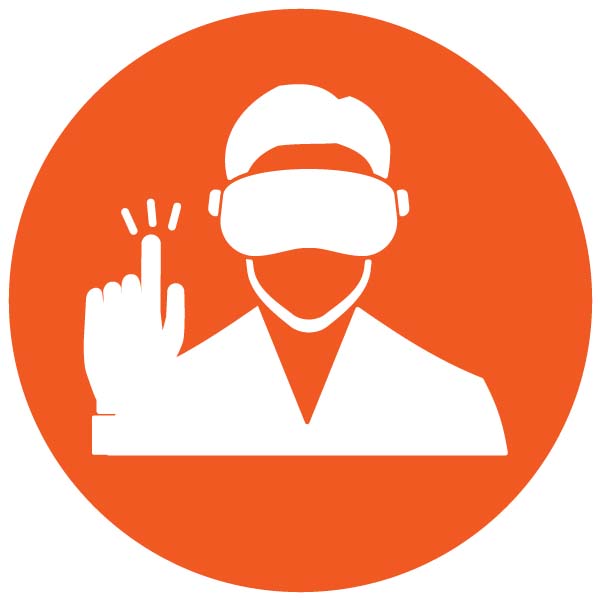 Virtual Factory
Virtual FactoryThe main principle of the virtual factory is to accurately simulate and test daily operations in a production plant before execution. This can be a computer model simulation of a new line to evaluate its performance, a digital twin to optimise the assets in real time or computer training of operators using virtual reality to let them practice on computer-generated equipment. Such simulation allows producers to both visualise and forecast to increase the likelihood of successful implementation and to minimise expenditure, as they can be reassured they only invest in exactly what they need.
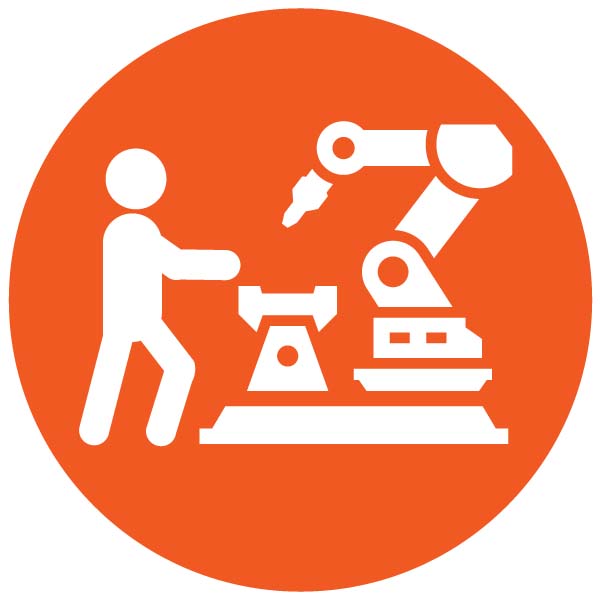 Smart Factory
Smart FactoryThe smart factory leverages digital technologies, such as robots, cobots and intelligent kinematics, to improve performance. This includes assisting operators working on repetitive tasks to increase operations reliability over time and to allow human intelligence be used for tasks that can keep line performance as high as possible. The new generation of Human Machine Interface (HMI) makes operation easier by being intuitive to use with in-built tutorials and other manuals that further improve efficiency and reduce machine downtimes. This combination of machine and human intelligence is at the heart of the smart factory solutions.
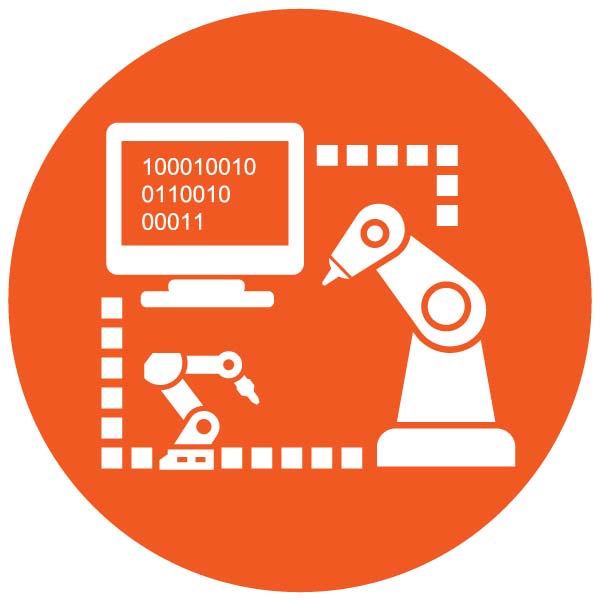 Connected Factory
Connected FactoryBy connecting and integrating the equipment on a plant, data generated can be used to optimise performance and predict any need for maintenance. Data can also be integrated upstream to ensure a constant stream of ingredients and downstream to keep distribution smooth and avoid overstocking or unnecessary storage. Advanced analytics can be run to sustain highest performance over time and assist in decision making at all levels of the organisation. Furthermore, remote assistance and augmented reality secure increased asset utilisation and improved maintainability.
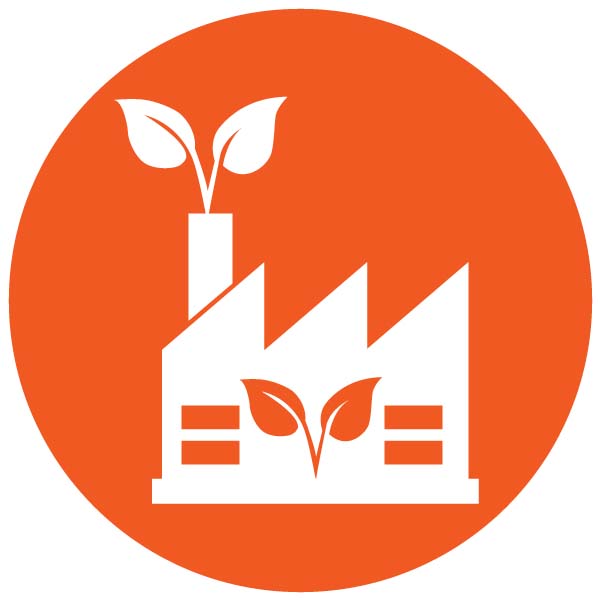 Sustainable Factory
Sustainable FactoryEco-friendliness is one of Agility 4.0’s core pillars. By making it possible to produce smaller batches closer to consumer centres, manufacturers reduce their need to distribute over long distances, contributing to a more sustainable approach. By reducing energy and water consumption, using new lightweight materials as well as 3D-printed components, this framework also helps customers minimise OPEX.
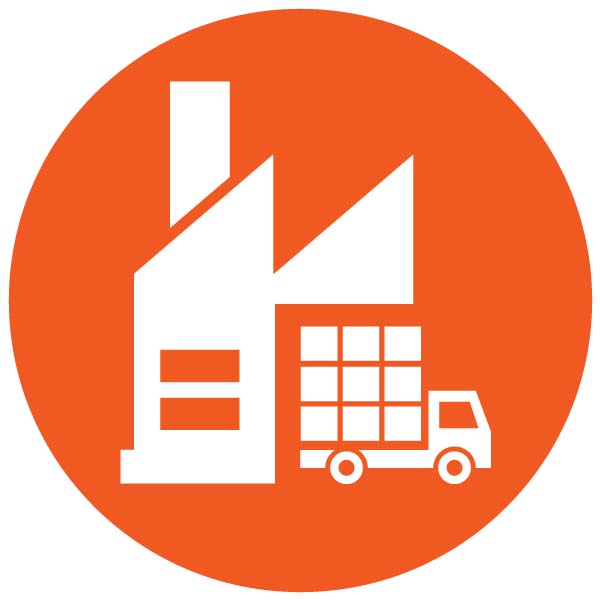 Extended Factory
Extended FactoryFocusing on intralogistics and deployed through the dematerialised layout, this portfolio of solutions offers manufacturers access to enhanced flexibility and asset utilisation, increasing their capability to introduce new products. For instance, shuttles or Automated Guided Vehicles (AGVs) can digitally connect all machines in a production environment.
Elaborating on this last point, Ludovic Tanchou, Vice President of Strategy, Products and Innovation, Gebo Cermex comments: "When it comes to answering customers’ needs in the Industry 4.0 era, the extended factory represents the Sidel Group vision. Instead of using a traditional conveyor to simply take the product from A to B in a linear production process, mobile handling can now be used to move the semi-finished or finished items from any filler, to any labeller to any packing machine. This flexible shop floor layout can even be used alongside dedicated lines with their physical connections. It will, of course, greatly enable the goal of mass customisation rather than mass production."
He summarises by saying: “A result of the group’s strong partnerships with industry-leading players in robotics, automation and smart systems, the Agility 4.0 programme from the Sidel Group is designed to be future-proof, helping producers and brand owners face the fourth industrial revolution. It does so by creating a digital factory that can improve performance - even in a fast changing environment, while reducing non-productive sequences and minimising costs.”
The Agility 4.0™ programme recently received the official mark “Vitrine industrie du futur" (Industry of the future), awarded by the Alliance Industrie Du Futur (AIF) in recognition of the efforts made to introduce, develop and implement Industry 4.0 initiatives